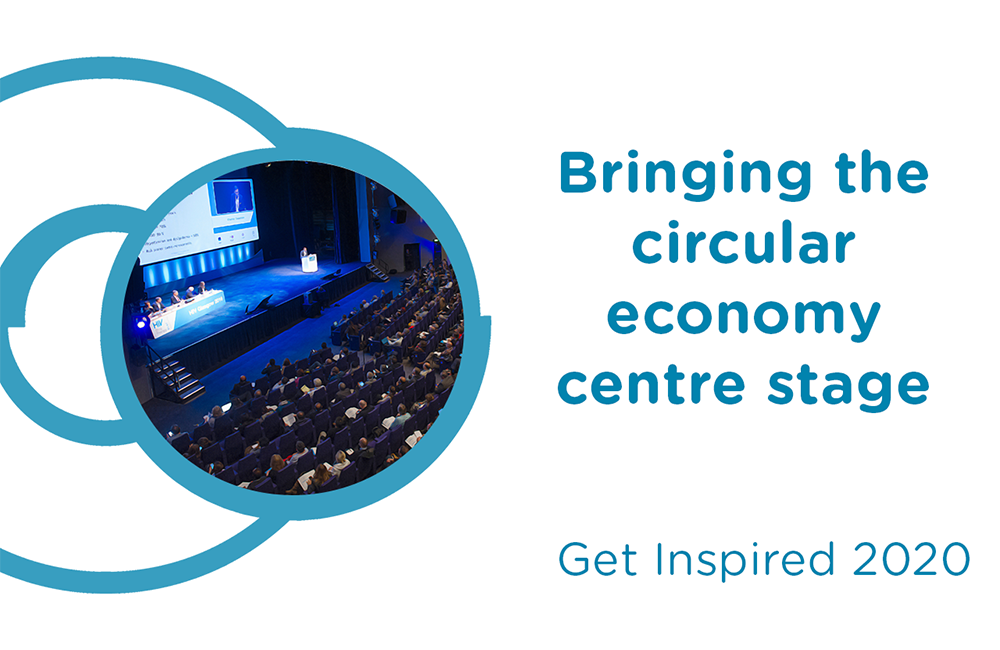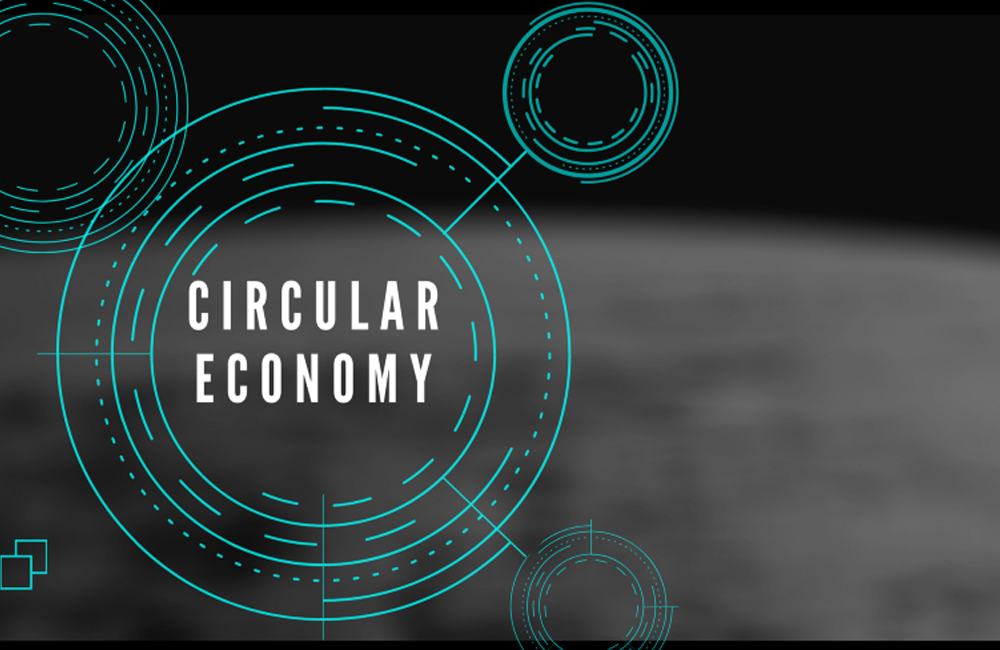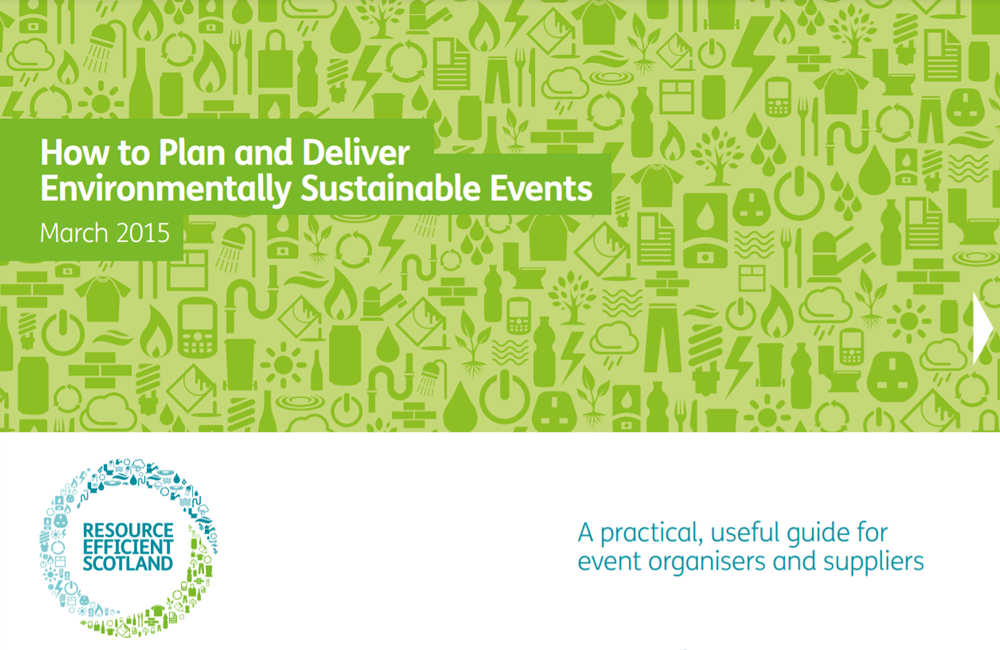Events sector information hub

What is the circular economy?
Enough for everyone. Forever
The circular economy is a direct challenge to the ‘take-make-waste’ mentality of the linear economy. In a circular economy waste is minimised and resources maximised through long-lasting design, maintenance, repair, reuse, re-manufacturing, recycling and up-cycling.
85%
The typical event attendee produces 1.89 Kg of waste per day, 85% of which is, on average, sent to landfill
20 - 60%
Food at an event can comprise a minimum of 20% - and in some cases up to 60% - of an event waste stream
71% agree
From a survey of 649 festival goers, 71% strongly agree or agree that waste is a negative environmental impact of festivals.
Geoff Ellis
CEO, DF Concerts & Events
“Our hope is that Glasgow will become the benchmark for a circular city and we will certainly be doing our bit to help the city gain this accolade.”
How does it relate to the events industry?
Putting on large-scale events and conferences calls for tremendous amounts of resources, including construction, marketing materials, transport, accommodation, catering, service providers and suppliers. Adopting circular thinking can support sustainable event delivery with zero waste to landfill.
Benefits of a circular economy for events
As an event organiser, adopting circular economy strategies offers numerous business benefits, including increased efficiencies and reduced environmental impacts; reduced procurement and waste disposal costs and improved business resilience through efficient internal resource management and external supply-chain businesses. Events also provide a unique opportunity to educate and inspire audiences and visitors, including other sectors, cities and policy-makers worldwide.
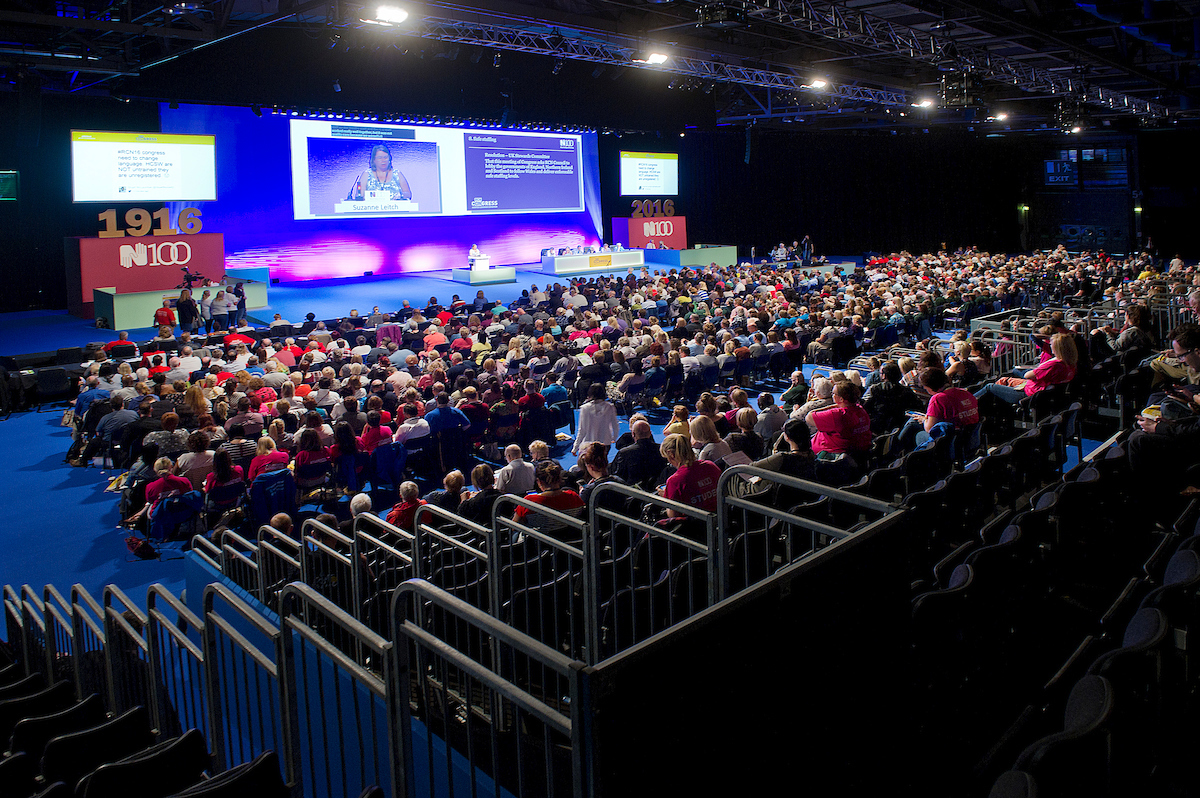
5 ways to become circular
Rethink Business Model
 Through the circular economy we are seeing a shift from owning goods to using services, where the customer shifts from owning materials or products towards using, sharing, borrowing, and renting them. Companies act as owners of products throughout the product’s entire life cycle.
Through the circular economy we are seeing a shift from owning goods to using services, where the customer shifts from owning materials or products towards using, sharing, borrowing, and renting them. Companies act as owners of products throughout the product’s entire life cycle.
Think Tech
 Digital technologies, such as the Internet of Things, big data, data analytics, and Artificial Intelligence are considered essential enablers of the circular economy. They can help to close the material loops by providing accurate information on the availability, location, and condition of products.
Digital technologies, such as the Internet of Things, big data, data analytics, and Artificial Intelligence are considered essential enablers of the circular economy. They can help to close the material loops by providing accurate information on the availability, location, and condition of products.
Rethink Resources
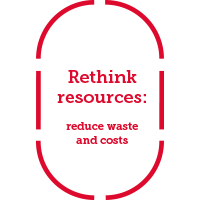 Identifying waste streams in your own or another’s organisation could help realise both resource and cost savings. Businesses are using circular economy thinking to find radical new ways to repurpose waste and save scarce resources.
Identifying waste streams in your own or another’s organisation could help realise both resource and cost savings. Businesses are using circular economy thinking to find radical new ways to repurpose waste and save scarce resources.
Design for the future
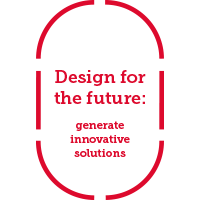 Design plays a key role in supporting the transition towards more circular solutions. From designing new systems and processes, designing for durability and reuse to designing waste out completely.
Design plays a key role in supporting the transition towards more circular solutions. From designing new systems and processes, designing for durability and reuse to designing waste out completely.
Collaborate
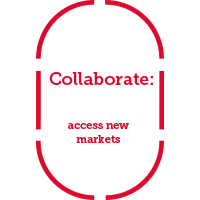 Sharing best practice and finding new business opportunities is vital for any business. However, collaboration between and within companies is even more important in a circular economy, where actors are more dependent on each other and can benefit more from streamlined connections.
Sharing best practice and finding new business opportunities is vital for any business. However, collaboration between and within companies is even more important in a circular economy, where actors are more dependent on each other and can benefit more from streamlined connections.
Further resources
Article: Navigating the circular economy shift in the events industry
Source:Circular Event Experience
Contact Us
If you're interested to learn more about how the circular economy strategies mentioned above could be applied to your event or conference, send us an email at circularglasgow@glasgowchamberofcommerce.com to set up a call.
TOOLKIT
NEWS

